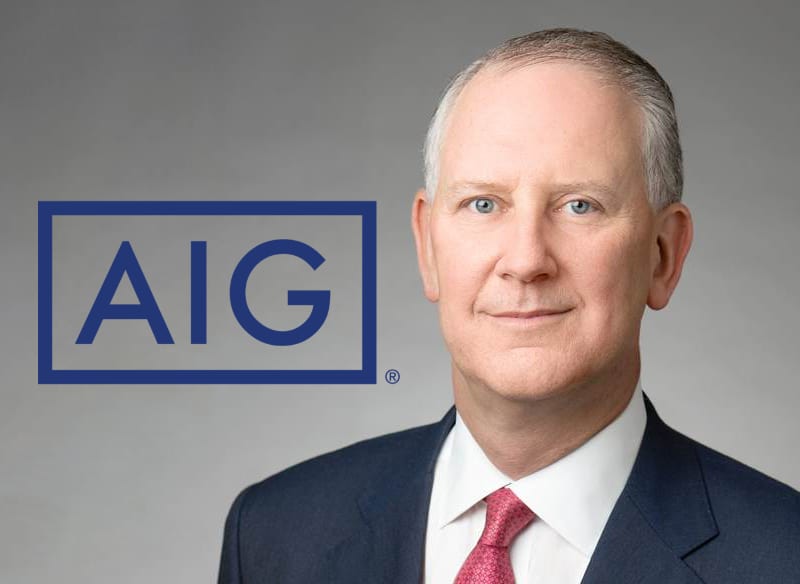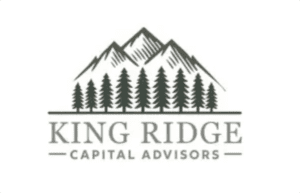AIG buys 50% of global ILS agg limit, sees collateralized reinsurance recovering: Zaffino

AIG believes the collateralized reinsurance market is recovering and is back at its highest level, in limit terms, since 2016. In addition, the company believes it buys roughly 50% of global aggregate capacity provided by the ILS market, according to its CEO Peter Zaffino.
The CEO of the global insurance giant specifically spent some time highlighting AIG’s use of collateralized and insurance-linked securities (ILS) market backed reinsurance capacity during its earnings call yesterday.
Zaffino pointed to the need to analyse both traditional reinsurance and alternative capital to get a true view of limit available, for major buyers like AIG.
He noted that the market has lifted its attachment points significantly, while also shifting to cover mostly just named perils.
But capacity is recovering and this has assisted it seems, with the ILS market one bright spot highlighted by AIG’s CEO.
“If you were to look at the complementary alternative capital market, it has approximately $110 billion dollars of estimated capital deployed and, in many ways, more stated available capital than in any individual year over the prior 10 years,” Zaffino explained.
He went on to say that, “You need to review what makes up that $110 billion, to appreciate the true availability for reinsurance.
“The cat bond market and ILW market make up approximately 50% of the alternative capital market, the highest nominal amount of any time in history and those products are accompanied with basis risk, and in some cases, meaningful basis risk.”
But conditions in the collateralized reinsurance market have also improved, Zaffino highlighted.
“The collateralized market is back to 2016 levels, which is somewhere between $45 to $50 billion of capital,” AIG’s CEO said.
Adding that, “The market is deploying 90% of the collateralized limit as occurrence reinsurance or occurrence retro, leaving less than 10% of the remaining collateralized reinsurance available for aggregate covers.”
He went on to say how this affects AIG.
“Why do I outline this level of detail?,” he asked. “Because we’ve remained very disciplined and maintained our aggregate cover at the same attachment point and AIG utilises approximately 50% of the globally available ILS reinsurance aggregate cat capacity.
“This purchase protects us from the potential frequency of cat, and allows us to prudently manage volatility.”
Back in 2023, AIG purchased $500 million of aggregate reinsurance coverage.
For 2024, the insurer renewed its aggregate reinsurance arrangements and improved the protection these treaties provide, with an annual aggregate deductible for North America of $825 million dollars and a new North America other perils deductible of $350 million.
While for Japan and the rest of the world, the annual aggregate deductibles for 2024 are $200 million and $175 million, respectively.
All of which is after per-event deductibles as well, of $20 million, other than for North America wind and earthquake which are at $50 million.
That is helpful context when you understand what Zaffino had to say next, during yesterday’s earnings call.
Zaffino explained that, “Based on my experience, once insurers give up lower occurrence or aggregate attachment points, you simply do not get them back.”
Adding, “AIG has structured its treaties to have lower attachment points with less volatility. When examining occurrence, attachment point across the world from 2022 to 2024, which is another very good measurement, AIG has maintained or reduced its attachment points making it the lowest amongst our peer group.”
He then explained how much aggregate cover AIG has left this year, with the figures implying recoveries made.
“For the balance of 2024, we’ve approximately $95 million dollars remaining on our International aggregate cover, excluding Japan, and $270 million on our North America aggregate cover excluding wind and quake,” Zaffino said.
“This is well within our established risk-appetite and we believe we remain well protected against both the frequency and severity of cat events.”
Zaffino’s comments speak to the greatly reduced availability of aggregate coverage from the ILS and collateralized reinsurance market.
But, in addition they speak to the fact that, those deploying aggregate limits seek out the largest, best performing partners, to provide that capacity too.
While aggregate capacity availability from the ILS and collateralized market has pulled-back significantly in recent years, it has also experienced its own flight to quality, concentrating on long-standing, large partners that benefit from its support.






